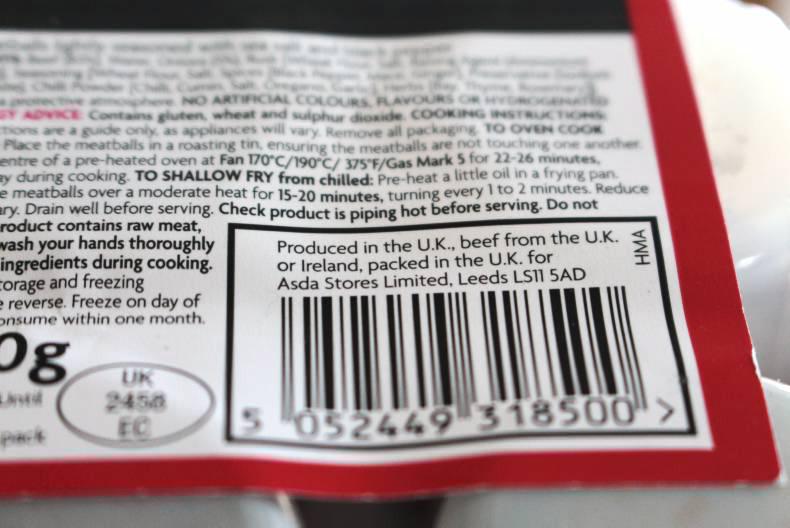EU Health Commissioner Vytenis Andriukaitis unofficially gave mandatory origin labelling in France the go-ahead earlier this month. Whole cuts of meat are already subject to “born in, reared in and slaughtered in” labelling legislation. The EU meat and dairy processing associations have protested but the decision is now made and we await what happens next.
Compulsory labelling as it is with meat is a serious obstacle in the way of live cattle trade. We have experienced this with the dramatic decline in cattle exports to Northern Ireland and Britain for finishing, even at times when there was a dramatic difference in the value of beef. This is because beef from more than a single country doesn’t carry a single country of origin label and requires retailers and stockists to create another category of mixed origin. With Irish origin beef only being carried by three out of the top ten UK retailers as it is, the chance of getting another “mixed origin’ range carried is non existent.
Another category of separation
There is a further issue in that it adds another category of separation in the processing system.
Compulsory labelling means that cattle are effectively trapped in the country they were born in within the EU
Anything that created an additional range in the factory adds cost but no value so it further discourages sourcing cattle that have started their life in one EU member state and were finished and slaughtered in another. Compulsory labelling means that cattle are effectively trapped in the country they were born in within the EU. In Britain, many major processors simply wont accept them or if they do the payment terms are so penal as to not make the business viable.
Risk
With the French extending labelling, there is the risk others will follow. Currently it is virtually impossible to get Irish beef on French supermarket shelves with only Monoprix of the big supermarkets carrying an Irish range. This is in spite of Irish steer and heifer beef enjoying a superb reputation among French supermarket buyers.
However, they simply cannot resist the pressure to carry only French in most cases. Lamb is less of an issue because France imports half the lamb it consumes.
There has to be concern that the French decision to extend labelling could spread to other countries in the EU who have the option to do so should they exercise it. ?
Read more
French plans for origin labelling slammed by dairy and meat processors
EU Health Commissioner Vytenis Andriukaitis unofficially gave mandatory origin labelling in France the go-ahead earlier this month. Whole cuts of meat are already subject to “born in, reared in and slaughtered in” labelling legislation. The EU meat and dairy processing associations have protested but the decision is now made and we await what happens next.
Compulsory labelling as it is with meat is a serious obstacle in the way of live cattle trade. We have experienced this with the dramatic decline in cattle exports to Northern Ireland and Britain for finishing, even at times when there was a dramatic difference in the value of beef. This is because beef from more than a single country doesn’t carry a single country of origin label and requires retailers and stockists to create another category of mixed origin. With Irish origin beef only being carried by three out of the top ten UK retailers as it is, the chance of getting another “mixed origin’ range carried is non existent.
Another category of separation
There is a further issue in that it adds another category of separation in the processing system.
Compulsory labelling means that cattle are effectively trapped in the country they were born in within the EU
Anything that created an additional range in the factory adds cost but no value so it further discourages sourcing cattle that have started their life in one EU member state and were finished and slaughtered in another. Compulsory labelling means that cattle are effectively trapped in the country they were born in within the EU. In Britain, many major processors simply wont accept them or if they do the payment terms are so penal as to not make the business viable.
Risk
With the French extending labelling, there is the risk others will follow. Currently it is virtually impossible to get Irish beef on French supermarket shelves with only Monoprix of the big supermarkets carrying an Irish range. This is in spite of Irish steer and heifer beef enjoying a superb reputation among French supermarket buyers.
However, they simply cannot resist the pressure to carry only French in most cases. Lamb is less of an issue because France imports half the lamb it consumes.
There has to be concern that the French decision to extend labelling could spread to other countries in the EU who have the option to do so should they exercise it. ?
Read more
French plans for origin labelling slammed by dairy and meat processors






 This is a subscriber-only article
This is a subscriber-only article










SHARING OPTIONS: